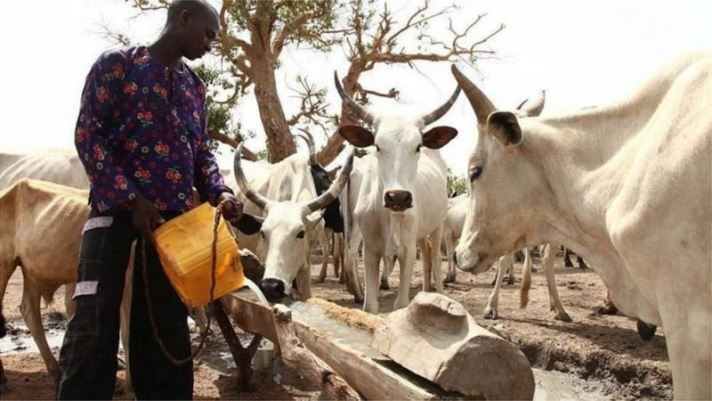Why Miyetti Allah is at trending and what it means for Nigeria’s agric sector
Miyetti Allah, the influential umbrella association for cattle breeders in Nigeria, is trending because a new resolution in the United States House of Representatives has asked for targeted sanctions (such as visa bans and asset freezes) against the organisation and its affiliate Miyetti Allah Kautal Hore, over alleged religious-freedom violations in Nigeria.
The proposal, filed as House Resolution 860, urges the U.S. State and Treasury Departments to consider visa bans and asset freezes under existing human-rights and religious-freedom laws, including the Global Magnitsky Act and the International Religious Freedom Act.
Read also: New U.S. bill seeks visa bans, asset freezes for Nigerian Miyetti Allah, Fulani militias
What has actually happened
The resolution has been introduced, but it has not been passed or enforced.
No sanctions have been imposed at this time.
Read also: US lawmakers seek sanctions on Miyetti Allah, others over alleged religious-freedom violations
Why this move matters
Miyetti Allah represents a network of pastoralists who play a significant role in Nigeria’s livestock and meat supply chain. Discussions around the group often intersect with issues of herder-farmer conflict, land use policy, and internal security.
If the proposed sanctions were eventually adopted, they could have implications for:
Agriculture supply chains – affecting cattle transport routes, grazing arrangements, and livestock markets.
Nigeria’s international risk profile – adding further scrutiny to how the country manages internal conflict and community relations.
Investor sentiment – particularly in agriculture and food logistics, where stability and predictability matter.
Read also: FG withdraws alleged terrorism charges against Miyetti Allah leader
What to watch
Will the U.S. Congress pass the sanctions bill, or adopt weaker measures?
How will the Nigerian government respond…via diplomacy, internal policy, or legal action?
Will this trigger changes in grazing/land-use policy, or shifts in how pastoral groups operate commercially?
What is the financial/business impact on the livestock sector, especially in terms of cross-border trade, logistics, and pastoral supply chains?
Nigeria has, in recent years, appeared in several international policy discussions concerning religious and communal conflict. The current development forms part of a larger debate over how external governments interpret Nigeria’s internal security challenges.
Still, for now, no enforcement action has been taken. The conversation remains political and diplomatic, not operational.

